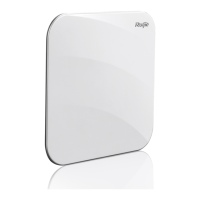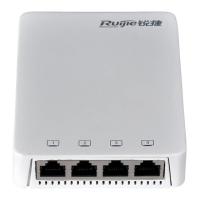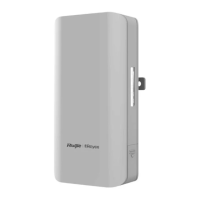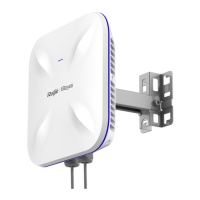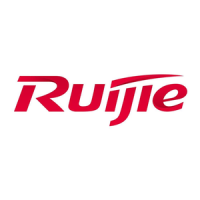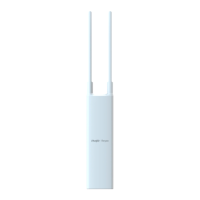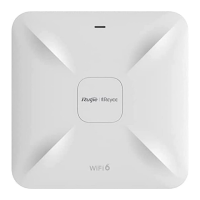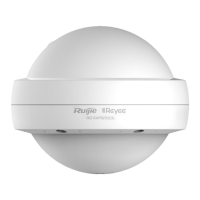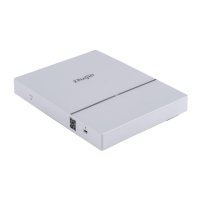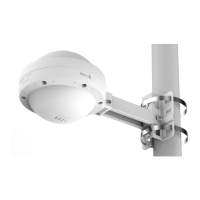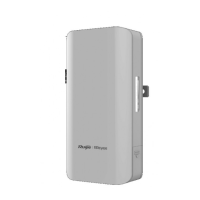Configuration Guide Configuring IPv6
Unicast addresses fall into five types: unspecified address, loopback address, link-local address, site-local address, and
global unicast address. At present, site-local addresses have been abolished. Except unspecified, loopback, and link-local
addresses, all other addresses are global unicast addresses.
Unspecified address
The unspecified address is 0:0:0:0:0:0:0:0, which is usually abbreviated to ::. It has two general purposes:
1. If a host has no unicast address when started, it uses the unspecified address as the source address to send an RS
packet to obtain prefix information from the gateway and thereby generate a unicast address.
2. When an IPv6 address is configured for a host, the device detects whether the address conflicts with addresses of
other hosts in the same network segment and uses the unspecified address as the source address to send a
Neighbor Solicitation (NS) packet (similar to a free ARP packet).
Loopback address
The loopback address is 0:0:0:0:0:0:0:1, which is usually abbreviated to ::1. Similar to IPv4 address 127.0.0.1, the
loopback address is generally used by a node to send itself packets.
Link-local address
The format of a link-local address is as follows:
Figure 3-2
The link-local address is used on a single network link to assign IDs to hosts. The address identified by the first 10 bits in
the prefix is the link-local address. A device never forwards packets in which the source or destination address contains
the link-local address. The intermediate 54 bits in the address are all 0s. The last 64 bits represent the interface ID, which
allows a single network to connect 2
64
-1 hosts.
Site-local address
The format of a site-local address is as follows:
Figure 3-3
A site-local address is used to transmit data within a site. A device never forwards packets in which the source or
destination address contains the site-local address to the Internet. That is, these packets can be forwarded only within the
site. A site can be assumed as an enterprise's local area network (LAN). Such addresses are similar to IPv4 private
addresses such as 192.168.0.0/16. RFC 3879 has abolished site-local addresses. New addresses do not support the first
10 bits as the prefix and are all regarded as global unicast addresses. Existing addresses can continue to use this prefix.
Global unicast address
The format of a global unicast address is as follows:
Figure 3-4
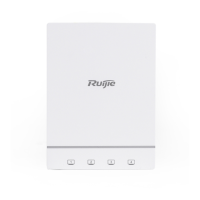
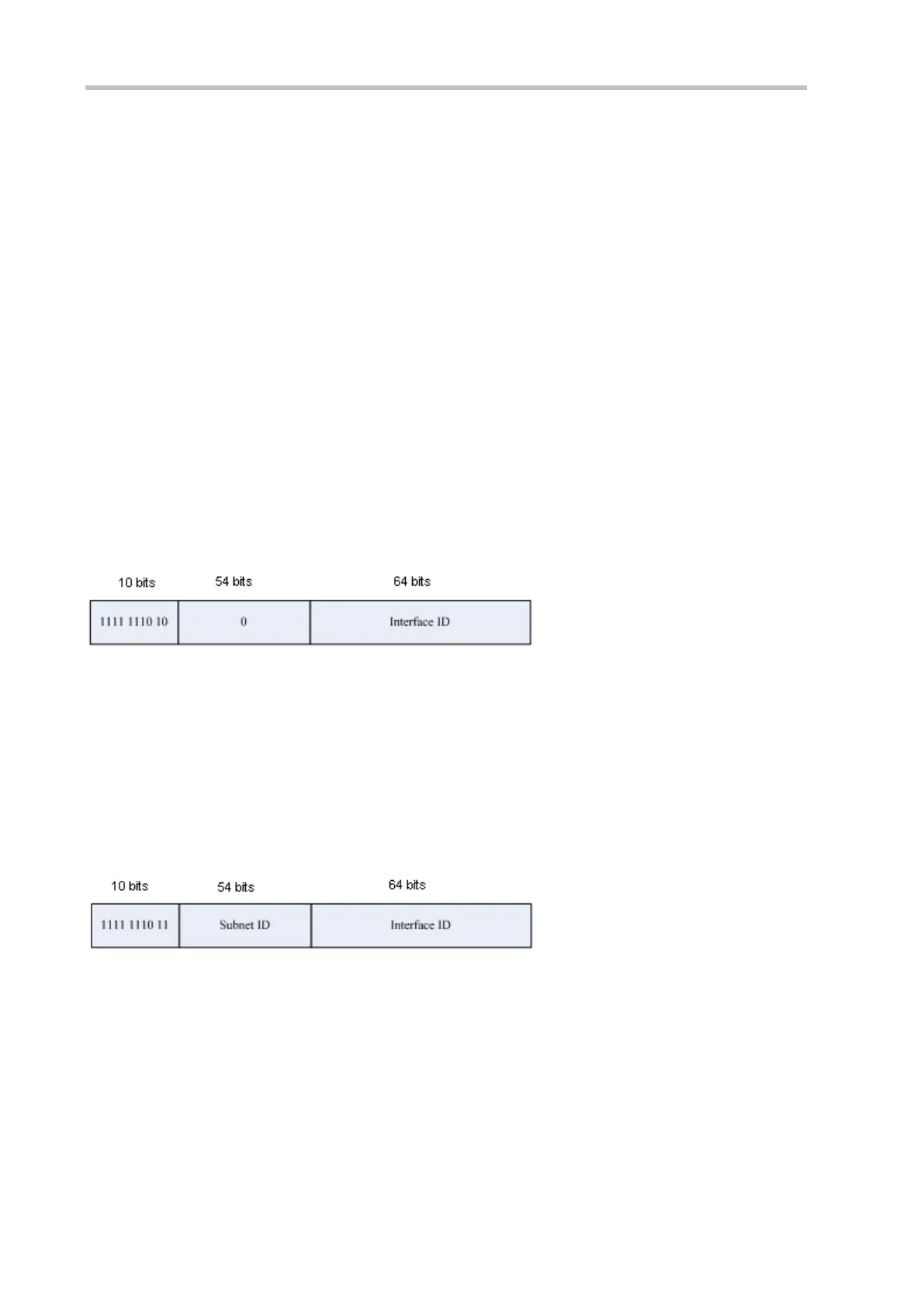